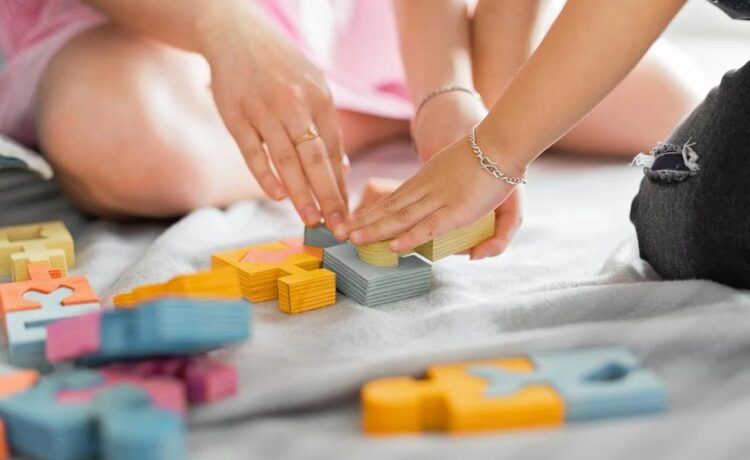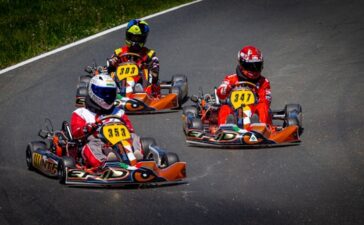There are so many benefits of jigsaw puzzles. These are highly entertaining and can also help improve the cognitive development of children. When choosing a jigsaw puzzle as a gift, there are a few things to think about which will be explained below.

You need to check whether the puzzle is appropriate for the age of the recipient
These are generally designed with an age group in mind and you can find this detail on the box. When choosing jigsaw puzzles for kids you can choose intricate puzzles for older children and simpler designs with larger puzzle pieces for younger children. The age recommendation on the puzzle box will be very helpful in narrowing down the options and ensuring it suits the developmental age of the child. The size of the puzzle pieces should be considered; this should be of a size that can be easily manipulated by the child. Sometimes the puzzle pieces can be too small for a young child to assemble. In this case, you need to select a puzzle with large and chunky pieces so that they can develop their fine motor skills. Smaller pieces are okay for older kids. The material of the puzzle pieces should also be considered. When you select durable materials, this can withstand a lot of wear and tear.
Think about the images that the puzzle will create
Look for something that will catch the attention of the child. Maybe a puzzle that has their favourite characters will be a good option. There are also puzzles that depict scenes from beloved stories or have images of vibrant scenes and animals. The imagery should be exciting and it can also be helpful to select images that are familiar to the child. This will help build up their skill of recognising objects. Think about the educational value of the puzzle and whether it is tailored to the child’s age. There is more to jigsaw puzzles beyond entertainment. They teach children to recognise patterns, understand spatial awareness and build their problem-solving skills. They will be able to improve their cognitive skills through puzzles. You can choose puzzles that have shapes, number and letters to facilitate early learning.

Consider the theme of the puzzle and whether this will catch the attention of the child
You can actually ask the parents about their interests. For example, they will love vehicles, outer space, princesses etc. By choosing a puzzle that has their interests will add more excitement to the game. This will also help them feel a sense of accomplishment once they complete the puzzle. There are different difficulty levels to the puzzles and you need to know whether they are familiar with similar puzzles when making your choice. You can choose a puzzle that is slightly more difficult than what they are used to and this can help improve their problem solving skills. But you have to take care that you don’t select a puzzle that is very difficult as they can become frustrated with it.





